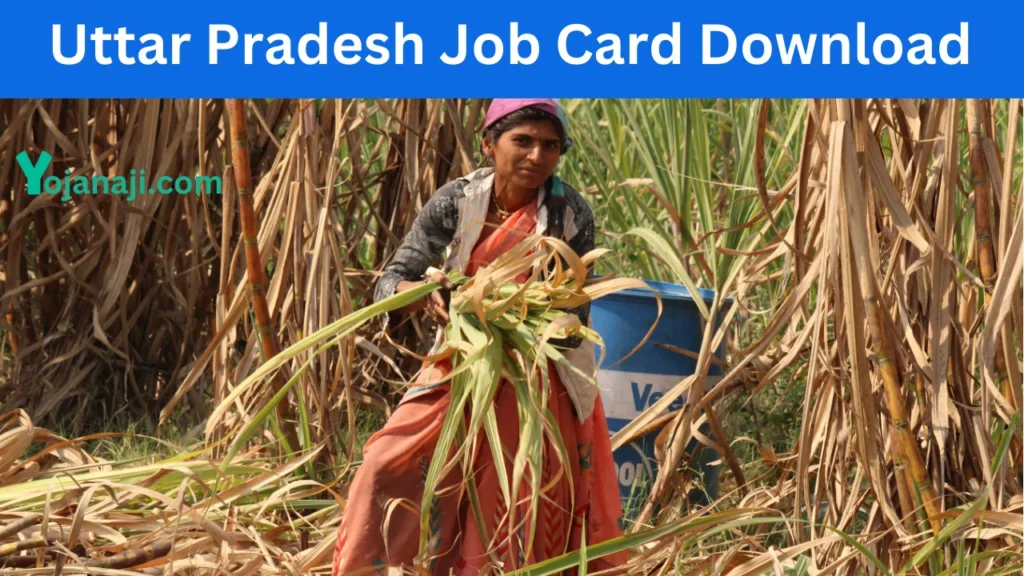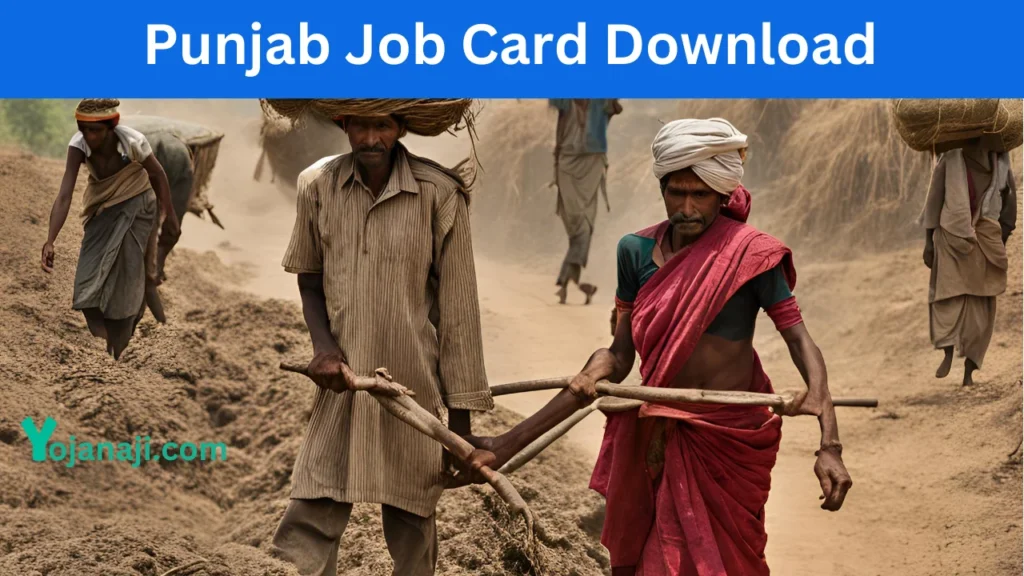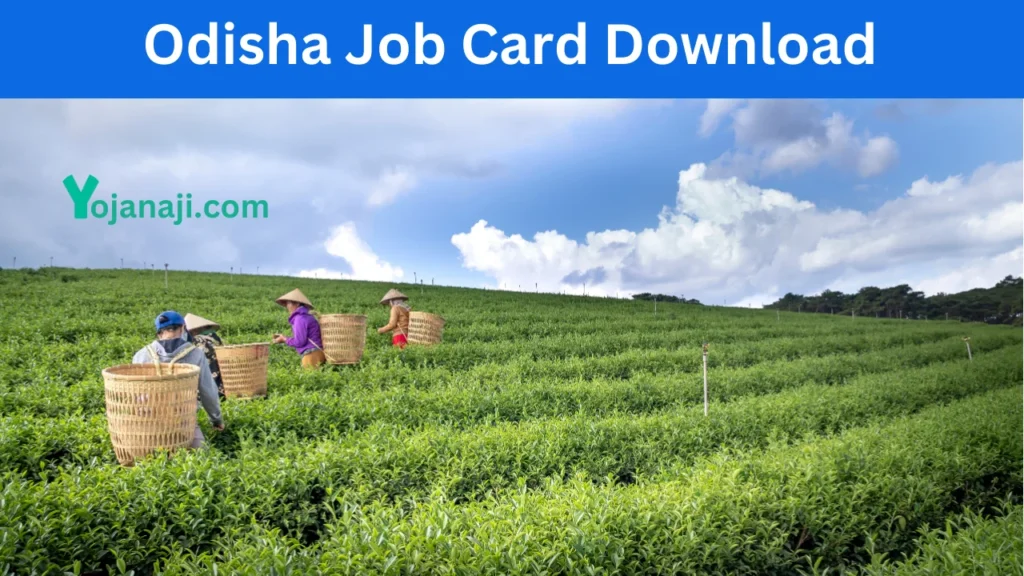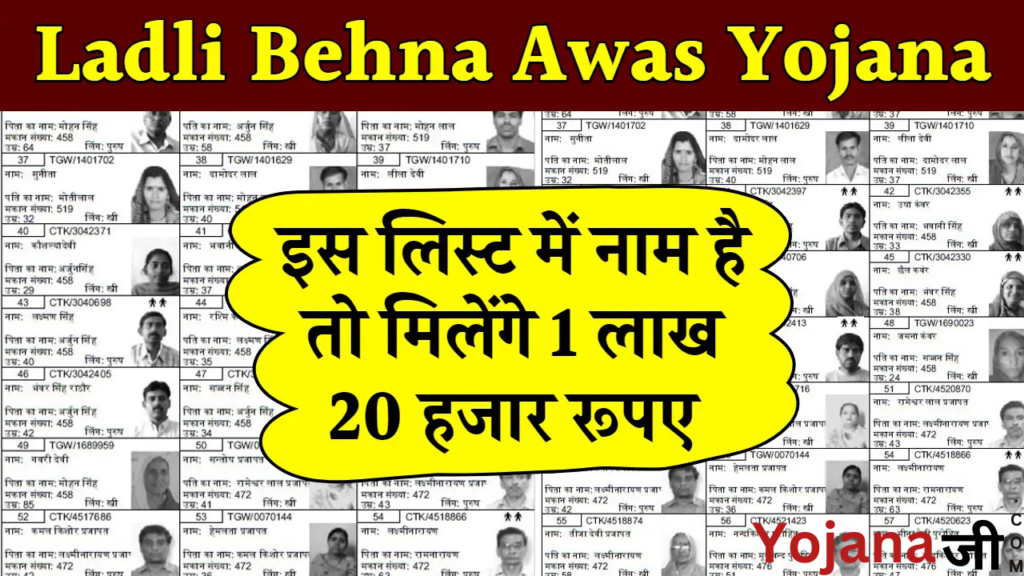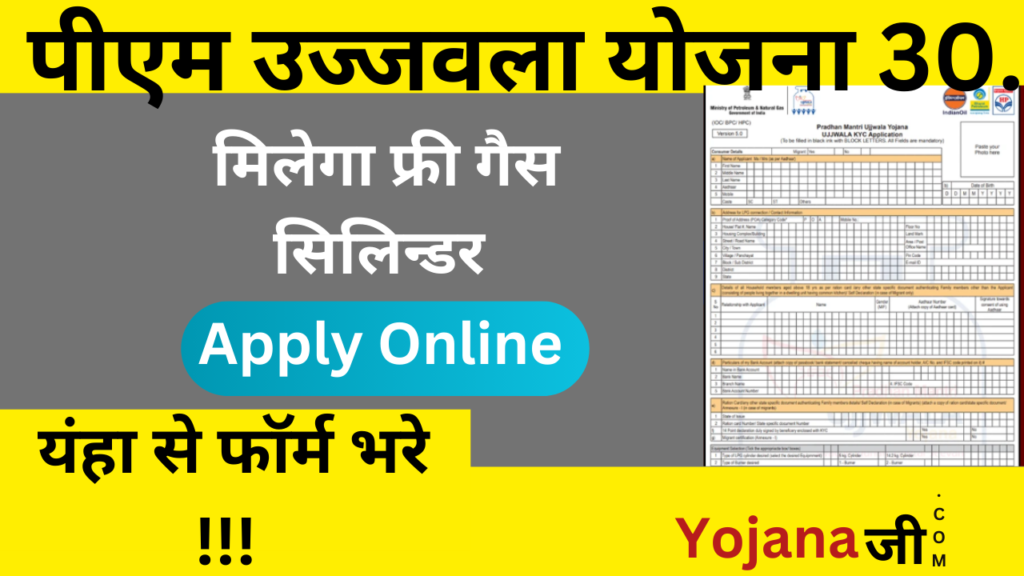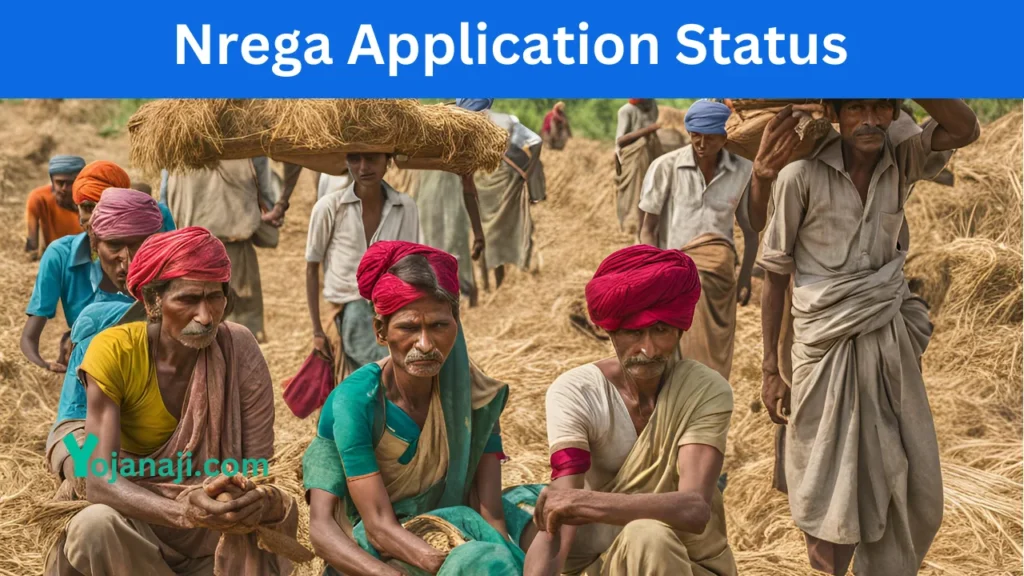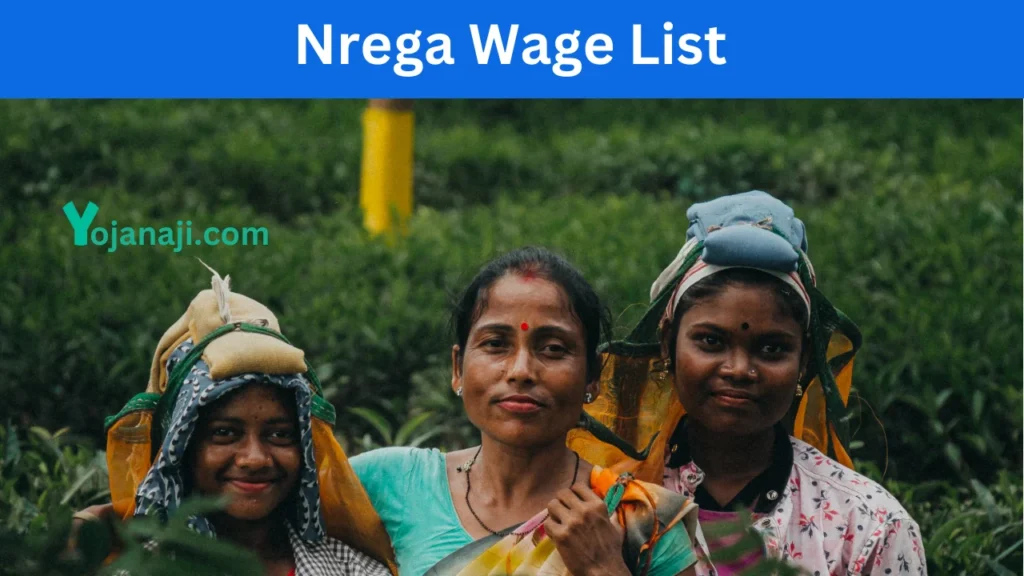Introduction of Kisan Credit Card (KCC)
The Kisan Credit Card (KCC) Scheme is a government-backed initiative aimed at providing affordable and accessible credit to farmers in India. Introduced in 1998 by the Reserve Bank of India (RBI) and NABARD, this scheme has played a crucial role in empowering farmers by ensuring quick access to institutional credit.
Overview of the Kisan Credit Card (KCC) Scheme
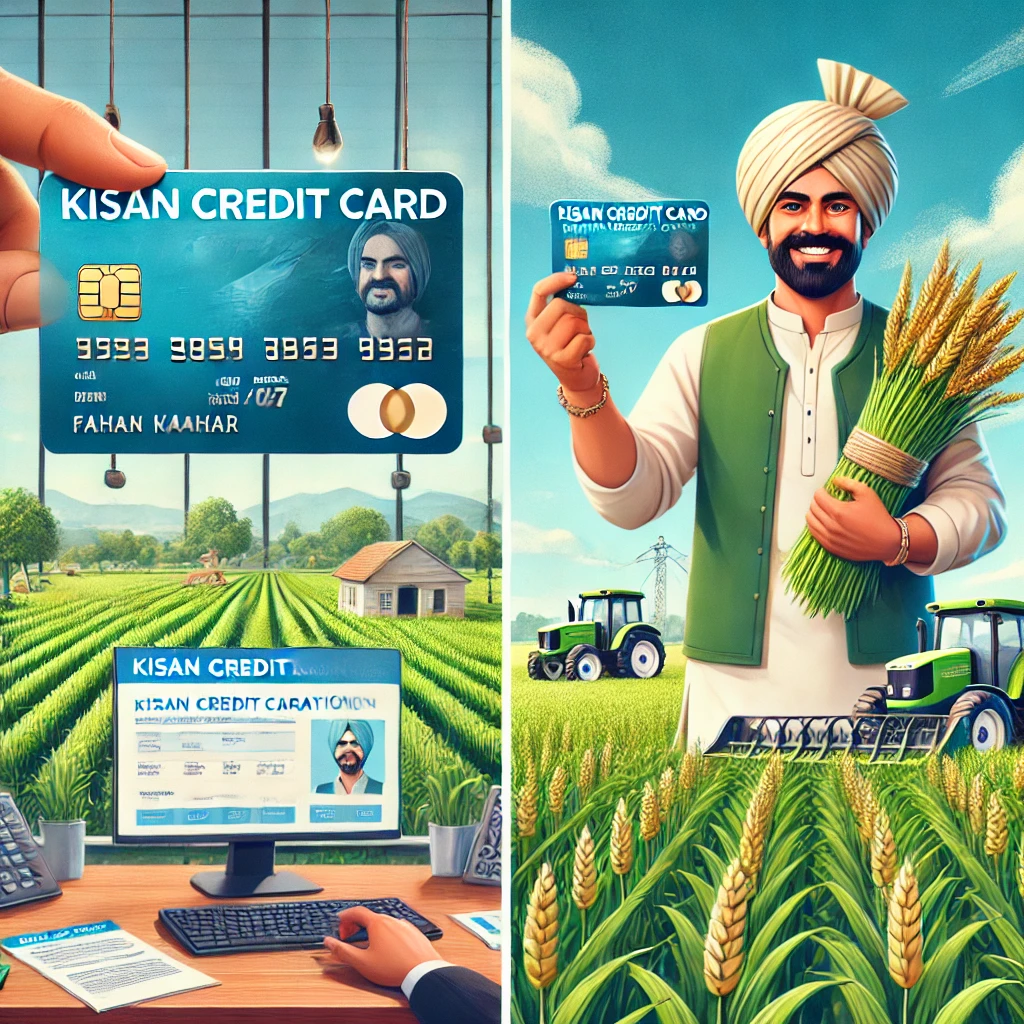
Farming is the backbone of India’s economy, employing over 60% of the country’s population. However, many farmers struggle to access formal credit, leading to dependency on moneylenders who charge high interest rates. The Kisan Credit Card was introduced to solve this issue by offering low-interest loans to farmers for purchasing seeds, fertilizers, equipment, and even covering personal expenses.
Importance of Easy Credit Access for Farmers
Farmers often require immediate financial assistance during sowing, harvesting, or emergencies. Traditional loans from banks involve lengthy paperwork and delays, making it difficult for farmers to meet urgent needs. With KCC, farmers can get instant credit, ensuring smooth farming operations.
Benefits of KCC in Modern Farming
✔ Instant loan availability for agricultural needs.
✔ Low-interest rates compared to personal or business loans.
✔ Flexible repayment options based on crop cycles.
✔ Insurance coverage for farmers against accidental death or disability.
✔ Reduced dependence on moneylenders and informal credit sources.
What is the Kisan Credit Card (KCC) Scheme?
The Kisan Credit Card (KCC) Scheme is a specialized credit facility for farmers that allows them to borrow money from banks at lower interest rates. The loan amount is based on farm size, crop type, and input costs.
Definition and Purpose of KCC
The Kisan Credit Card is a credit scheme designed specifically for farmers, allowing them to withdraw money whenever needed to cover their farming expenses. Instead of applying for a fresh loan each season, farmers get a pre-approved credit limit, making financial management easier.
History and Introduction of the Scheme
- Introduced in 1998 by RBI and NABARD to simplify farmers’ access to institutional credit.
- Initially designed for crop production, later expanded to include fisheries, animal husbandry, and allied activities.
- Over 7 crore KCCs have been issued so far, benefiting millions of farmers.
Key Government Bodies Involved
- Reserve Bank of India (RBI) – Sets guidelines and regulations.
- National Bank for Agriculture and Rural Development (NABARD) – Monitors and assists rural banks in implementing the scheme.
- Public and Private Sector Banks – Issue KCCs to eligible farmers.
- State and Central Governments – Provide interest subsidies and policy support.
Objectives of the Kisan Credit Card Scheme
The KCC scheme was introduced with the primary goal of providing hassle-free credit to farmers. Its objectives include:
Providing Instant Credit to Farmers
Farmers need immediate access to funds during various farming stages. KCC ensures quick credit disbursal, allowing farmers to purchase essential inputs without delay.
Reducing Dependence on Moneylenders
Before KCC, many farmers relied on local moneylenders who charged interest rates as high as 40-50% annually. KCC offers loans at much lower interest rates (as low as 4% with subsidies), reducing the financial burden on farmers.
Supporting Agricultural and Allied Activities
KCC is not limited to crop farming; it also covers:
✔ Dairy farming
✔ Poultry farming
✔ Fisheries
✔ Sericulture (silk farming)
✔ Horticulture
By covering these agricultural and allied sectors, KCC promotes diversified farming and rural economic growth.
Features of the Kisan Credit Card
The KCC scheme is designed to offer flexibility and financial security to farmers. Here are its main features:
Loan Limit and Interest Rate
✔ Farmers can avail loans up to ₹3 lakh.
✔ Interest rates start as low as 4% per annum (with government subsidy).
✔ The interest is further reduced if the farmer repays the loan on time.
Repayment Flexibility
✔ Farmers can repay after harvesting, making it stress-free.
✔ The repayment period is linked to the crop cycle, ensuring minimum financial burden.
Insurance Coverage for Farmers
✔ Accidental insurance cover of ₹50,000 for KCC holders.
✔ Disability cover up to ₹25,000.
✔ Crop insurance coverage under Pradhan Mantri Fasal Bima Yojana (PMFBY).
KCC acts as a safety net for farmers, providing not just loans but also financial protection in case of unforeseen events.
Eligibility Criteria for Kisan Credit Card
The Kisan Credit Card (KCC) scheme is designed to benefit a wide range of farmers, including small and marginal farmers, tenant farmers, and those involved in allied agricultural activities. However, certain eligibility criteria must be met to apply for KCC.
Who Can Apply for KCC?
✔ Individual farmers (including tenant farmers, sharecroppers, and oral lessees).
✔ Joint liability groups (JLGs) and self-help groups (SHGs) involved in farming activities.
✔ Farmers engaged in animal husbandry, poultry, dairy, fisheries, and other allied activities.
Required Age and Citizenship
✔ The applicant must be an Indian citizen.
✔ The minimum age to apply for KCC is 18 years.
✔ The maximum age limit is 75 years (with a co-applicant required if above 60).
Eligible Agricultural Activities
KCC is not limited to crop production. It covers a wide range of agricultural and allied activities, including:
✔ Cultivation of crops (food grains, vegetables, pulses, etc.).
✔ Dairy farming, poultry, and fisheries.
✔ Sericulture (silk farming), horticulture, and floriculture.
✔ Agricultural equipment and machinery purchase.
✔ Storage, transportation, and marketing of agricultural produce.
The scheme ensures that farmers from all backgrounds and agricultural sectors get easy access to credit.
Documents Required for Kisan Credit Card Application
To apply for a Kisan Credit Card, farmers must submit essential documents that verify their identity, land ownership, and income. These documents ensure that loans are provided to genuine and eligible applicants.
1. Identity and Address Proof
Farmers need to provide any one of the following:
✔ Aadhaar Card
✔ Voter ID
✔ PAN Card
✔ Passport
✔ Driving License
2. Land Ownership Documents
Since KCC is primarily for farmers, banks require proof of land ownership. Accepted documents include:
✔ Land records (Khasra-Khatauni, Jamabandi, etc.)
✔ Revenue department land ownership certificate
✔ Lease agreement (for tenant farmers and sharecroppers)
3. Income Proof and Bank Details
✔ Recent bank account statement (if applicable).
✔ Income certificate or proof of agricultural income (optional for small farmers).
✔ Photographs (passport size).
Providing accurate and complete documents ensures quick loan approval.
How to Apply for a Kisan Credit Card?
Farmers can apply for a Kisan Credit Card both online and offline. Below is a detailed step-by-step guide for both methods.
Online Application Process
Applying for a KCC online is quick and convenient. Farmers can apply through various banks’ official websites or government portals.
Step-by-Step Guide to Applying Online
1️⃣ Visit the official website of your preferred bank or the PM Kisan portal.
2️⃣ Look for the “Apply for Kisan Credit Card” option.
3️⃣ Fill in the application form with personal details, land details, and required information.
4️⃣ Upload scanned copies of the required documents.
5️⃣ Click “Submit” and note the reference number for future tracking.
6️⃣ After submission, the bank verifies the details and processes the application.
7️⃣ Once approved, the KCC is issued and sent to the applicant.
Official Websites for Application
✔ PM Kisan Portal – https://pmkisan.gov.in
✔ SBI Online Portal – https://www.onlinesbi.com
✔ PNB, HDFC, ICICI, and other major banks’ websites also offer KCC application services.
Offline Application Process
Farmers who prefer traditional banking methods can apply for KCC offline by visiting a nearby bank branch.
How to Apply Through Banks?
✔ Visit the nearest bank branch offering Kisan Credit Cards.
✔ Ask for the KCC application form and fill it out with required details.
✔ Attach necessary documents (identity proof, land records, etc.).
✔ Submit the form and documents to the bank official.
✔ The bank verifies the details and processes the application.
✔ Once approved, the KCC is issued, and the farmer receives the card.
Visit to Bank and Submission of Forms
✔ Farmers can visit nationalized, private, or cooperative banks.
✔ It is advisable to carry original documents for verification.
✔ The process may take 7-15 days, depending on the bank’s verification speed.
Applying offline is best suited for farmers in rural areas who have limited internet access or need assistance with documentation.
Banks Offering Kisan Credit Cards

Many public, private, and cooperative banks offer Kisan Credit Cards under RBI and NABARD guidelines. Here’s a list of major banks providing KCC services:
List of Major Public and Private Banks
✔ State Bank of India (SBI)
✔ Punjab National Bank (PNB)
✔ HDFC Bank
✔ ICICI Bank
✔ Axis Bank
✔ Bank of Baroda (BOB)
✔ Canara Bank
✔ Union Bank of India
✔ Indian Bank
✔ Cooperative Banks and Regional Rural Banks (RRBs)
These banks follow RBI guidelines and offer KCC loans at subsidized interest rates.
Government Guidelines for KCC Issuance
The Reserve Bank of India (RBI) and NABARD regulate the issuance of KCC, ensuring:
✔ Fair and transparent lending practices.
✔ Standardized interest rates with government subsidies.
✔ Easy loan repayment options for farmers.
✔ Integration of KCC with Jan Dhan Yojana for wider coverage.
Benefits of Kisan Credit Card
The Kisan Credit Card (KCC) scheme has transformed how farmers access credit. It provides instant funds at low-interest rates, helping farmers invest in agriculture, livestock, and allied activities without financial stress.
1. Instant Credit Access
✔ Farmers get quick access to credit without lengthy paperwork.
✔ Emergency funds are available for crop production, irrigation, fertilizers, pesticides, and seeds.
✔ Withdrawal flexibility allows farmers to take money as needed instead of a lump sum.
2. Low-Interest Rates and Flexible Repayment
✔ Subsidized interest rates (as low as 4% with timely repayment).
✔ Flexible repayment options, reducing financial burden on farmers.
✔ No need for frequent loan applications—farmers get a 5-year revolving credit limit.
3. Support for Agricultural Inputs & Equipment
✔ Funds can be used for buying fertilizers, seeds, pesticides, and irrigation facilities.
✔ Farmers can purchase tractors, pumps, and modern farming equipment.
✔ Loans help in expanding farming operations and increasing productivity.
4. Coverage for Livestock and Fisheries
✔ KCC extends to dairy farming, poultry, goat rearing, and fisheries.
✔ Farmers in the animal husbandry sector can buy cattle, poultry feed, and healthcare services.
✔ Fisheries and aquaculture farmers can invest in fish farming ponds, equipment, and fish seeds.
Challenges in the Kisan Credit Card Scheme
Despite its many benefits, the Kisan Credit Card scheme faces certain implementation challenges.
1. Loan Defaults and Non-Repayment Issues
✔ Some farmers struggle with repayment due to crop failures or price fluctuations.
✔ Banks hesitate to approve new KCC loans for defaulters.
✔ The government introduces loan waivers, but this sometimes encourages defaults.
2. Lack of Awareness Among Small Farmers
✔ Many small and marginal farmers are unaware of the KCC scheme.
✔ Rural farmers lack proper guidance on the application process.
✔ Illiteracy and misinformation prevent farmers from availing the scheme.
3. Difficulty in Accessing Digital KCC Services
✔ Many farmers don’t have access to digital banking.
✔ Lack of internet connectivity and smartphone usage in rural areas.
✔ Online KCC application services are not available in local languages in many regions.
Recent Government Initiatives to Improve KCC
The Indian government is working on enhancing the KCC scheme to ensure that more farmers benefit from it.
1. Digital KCC for Faster Processing
✔ Introduction of online KCC applications for quick processing.
✔ Banks are integrating KCC with Aadhaar and mobile banking for easy access.
✔ PM Kisan portal enables farmers to check their KCC application status online.
2. Interest Rate Subsidies for Timely Repayment
✔ Farmers who repay loans on time get interest rate subsidies (reducing rates to 4%).
✔ Encourages financial discipline and reduces defaults.
✔ Additional benefits for women farmers and small-scale farmers.
3. Increased Loan Limits and Simplified Application Process
✔ The loan limit has been increased to ₹3 lakh for KCC holders.
✔ No collateral required for loans up to ₹1.6 lakh.
✔ Simplified one-page KCC application form introduced for faster processing.
Success Stories of Farmers Using KCC
Many farmers across India have successfully benefited from the KCC scheme.
Real-Life Examples of Farmers Benefiting from KCC
✅ Ramesh Yadav (Madhya Pradesh): Used KCC to buy modern irrigation equipment and increased his wheat yield by 40%.
✅ Kavita Devi (Uttar Pradesh): A woman dairy farmer who expanded her milk production business with a ₹2 lakh KCC loan.
✅ Murugan (Tamil Nadu): A fish farmer who set up a fish hatchery with KCC, boosting his income significantly.
Case Studies from Different States
✔ In Punjab, KCC helped many wheat and paddy farmers buy high-quality seeds.
✔ In Maharashtra, sugarcane farmers used KCC loans to install drip irrigation systems.
✔ In Odisha and West Bengal, fisheries sector saw huge growth due to KCC support.
These success stories prove the impact of KCC in making farmers financially independent.
Future of Kisan Credit Card in India
1. Role in Promoting Financial Inclusion for Farmers
✔ The government aims to bring all farmers under formal banking.
✔ Digital KCC services will be expanded to ensure easy access to credit.
✔ Special focus on women farmers and small landholding farmers.
2. Integration with Atmanirbhar Bharat Initiative
✔ KCC will play a major role in making farmers self-reliant under the Atmanirbhar Bharat initiative.
✔ More investment in rural economy through agricultural credit expansion.
✔ New reforms will simplify the loan process and reduce interest burdens.
Conclusion of Kisan Credit Card
The Kisan Credit Card (KCC) scheme has proven to be a game-changer for Indian farmers. By providing instant credit, low-interest rates, and flexible repayment, it has empowered farmers to improve their productivity and income.
Encouragement for Farmers to Apply and Utilize KCC
🌱 If you’re a farmer, apply for KCC today and take advantage of this government-backed financial support.
🌱 Visit your nearest bank or apply online via the PM Kisan portal to start your KCC journey.
FAQs of Kisan Credit Card
1. Who is eligible for a Kisan Credit Card?
✅ Farmers involved in crop cultivation, dairy, poultry, fisheries, and allied activities can apply.
2. What is the maximum loan amount under KCC?
✅ The loan limit is ₹3 lakh, and up to ₹1.6 lakh is collateral-free.
3. Can tenant farmers and sharecroppers apply for KCC?
✅ Yes, tenant farmers, sharecroppers, and self-help groups (SHGs) can apply with proper land lease records.
4. How long does it take to get KCC approved?
✅ The approval process takes 7 to 15 days, depending on bank verification.
5. What happens if a farmer fails to repay the KCC loan?
✅ Banks may increase interest rates for late payments. Continuous defaults can result in legal action or loss of loan eligibility.
🚜💰 KCC is a lifeline for Indian farmers. Apply today and secure your financial future! 🚜💰

Tamim is a distinguished policy analyst with over 15 years of experience in analyzing, government schemes and policies. Tamim brings a wealth of knowledge and expertise in the field of social development.

